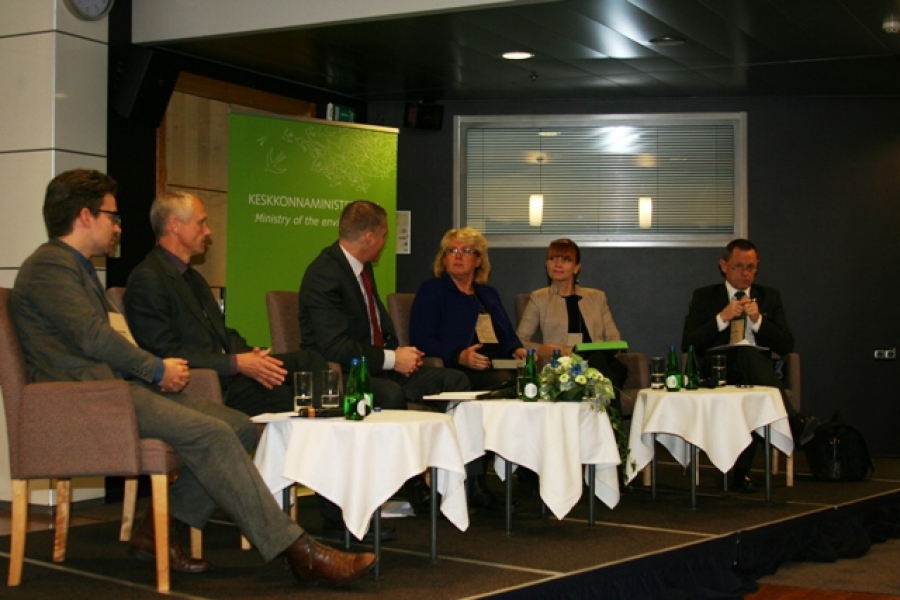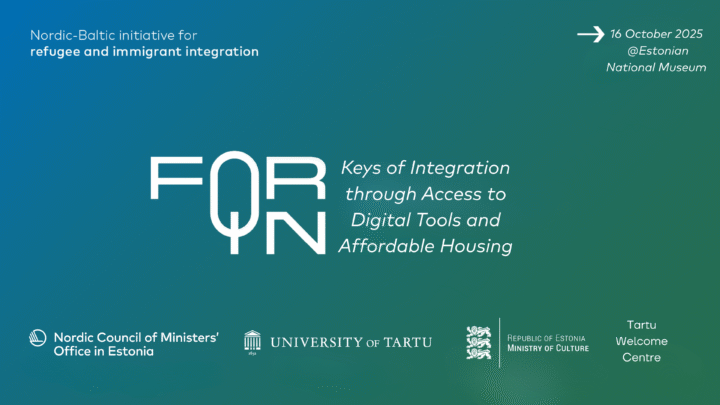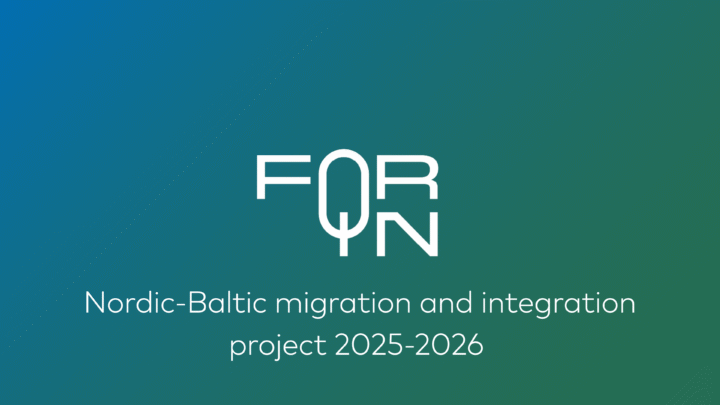Summary of 2013 – labour migration, climate, creativity, the fight against human trafficking

The year 2013 elapsed under the Swedish presidency of the Nordic Council of Ministers (NCM). The main focus of the Swedish presidency was the Nordic model, which acts as a cornerstone for the Nordic economy, welfare and solidarity.
“The Swedish presidency programme has among other things focussed on policies for enhanced employment and competition, sustainability, demography as well as the position of the Nordic countries in the world,” says the Swedish Ambassador to Estonia, Anders Ljunggren.
The Nordic Council of Ministers’ Office in Estonia in cooperation with the offices in Latvia and Lithuania started a vast labour migration project with the aim of getting an overview of migration waves in the Nordic-Baltic countries and to map mutual challenges to be dealt with in the future.
Spring brought the conclusion of the Nordic, Baltic and north-west Russian cooperation project comprising of combat against human trafficking and identification of victims that lasted over a year. During the project, police and border officials, judges, etc. took part in study-trips where they were introduced to various success stories and bottleneck situations. The two-day conference in Tallinn, which concluded the project, made way for new cooperation against human trafficking that began in the November of 2013 and will last until 2015. The joint project is coordinated by the NCMs’ office in Estonia.
The key event of autumn turned out to be the climate conference that was the first high-level climate event in Estonia. The future of climate policy and action was discussed by Swedish, Estonian and Finnish ministers of environment, among others.
“Altogether we are happy that so many experts, civil servants, politicians, entrepreneurs and enthusiasts took part in our events. Lively and positive feedback, as well as numerous cooperation requests encourage us to continue with many current topics or projects,” said Berth Sundström, the director of the NCM Office in Estonia, with the addition that he is grateful to all the good partners who participated in the projects, whose listing would take too much space.
In addition to the fight against human trafficking, it is planned to continue not only with the topics of migration and population development but also the creativity forum. Hopefully C.A.M.P. will move to Tartu next year and, with due interest, develops into a rotating creativity forum in other Estonian cities and municipalities.
The guidelines for NCM’s co-operation with the Baltic countries will come into effect in the beginning of 2014. NCM’s presidency will be passed on from Sweden to Iceland, whose main focus is on bioeconomy and creative industries. Iceland will also continue the analysis of the Nordic model and the development of sustainability.
“The Nordic countries in co-operation with the Baltic countries and Great Britain have established the Northern Future Forum in order to discuss joint future challenges. The countries in the group have met on the Prime Minister-level three times and intend to continue these meetings. The Nordic-Baltic group has this year for the first time held Foreign Minister-meetings with the Visegrad countries and with Japan. This will continue in 2014 under Estonian leadership in the form of the Nordic-Baltic so called NB8-co-operation,” Anders Ljunggren asserts.
The Nordic-Baltic mobility programme for public administration to enhance the cooperation between civil servants will be updated with new guidelines and application requirements in 2014.


